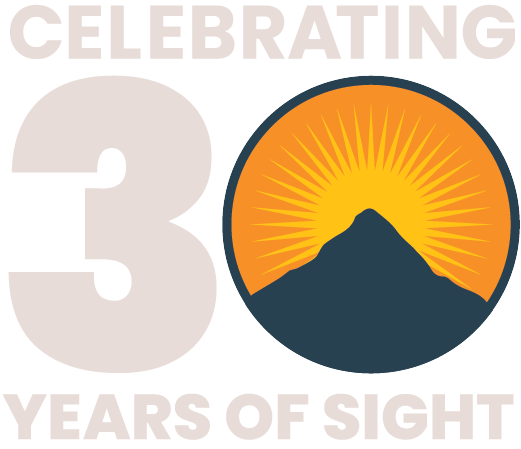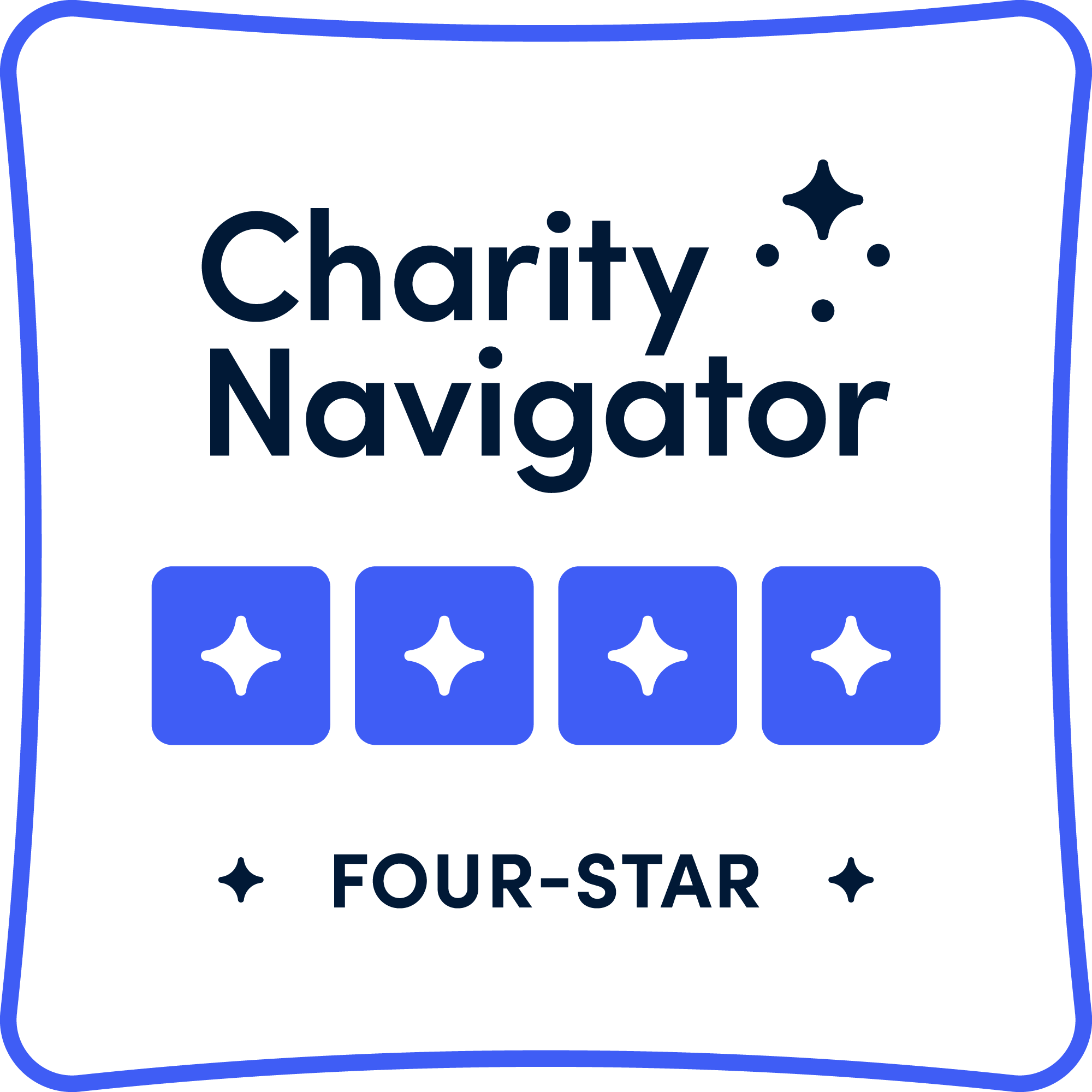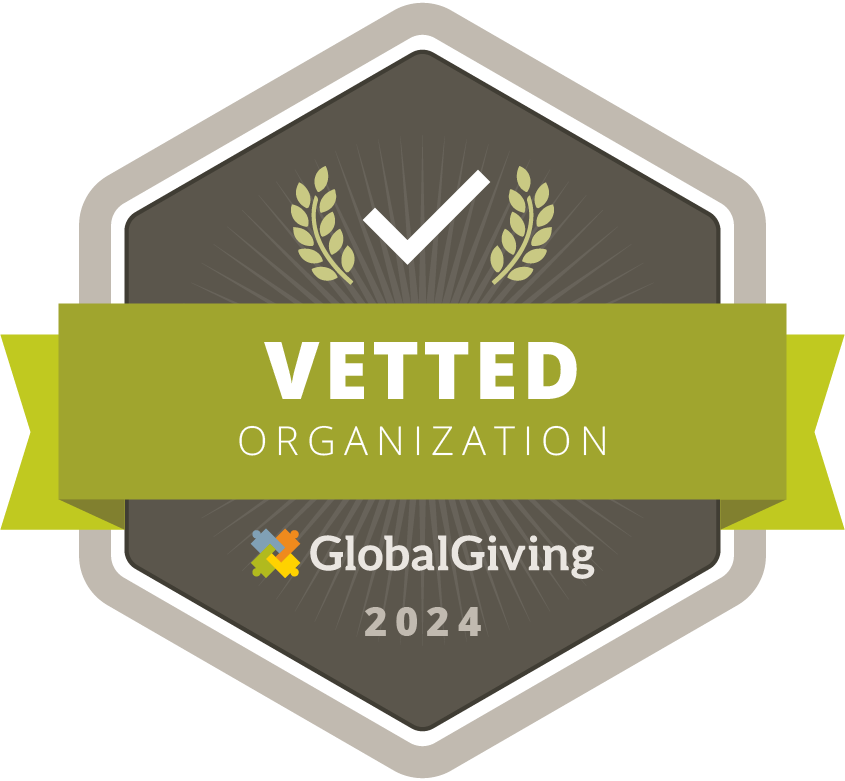HCP Supports Rapid Assessment of Avoidable Blindness Survey in Myanmar
A national level Rapid Assessment of Avoidable Blindness (RAAB) survey will be conducted in Myanmar this year with partial funding from HCP.
A Rapid Assessment of Avoidable Blindness (RAAB) survey to be conducted in Myanmar this year will assess the magnitude of blindness, its causes, and the situation of existing eye care services at both the regional and national levels.
Rapid assessment of avoidable blindness (RAAB) is a rapid, population-based survey methodology on blindness, visual impairment and eye care services that has been used globally in more than 70 countries and is the preferred methodology of the WHO Global Action Plan. Findings from RAABs are essential as baseline data for planning of intervention programmes to eliminate avoidable blindness, and to measure achievements over time of ongoing intervention programmes. In Myanmar, current eye health data is scarce with the only national-level blindness assessment data being 20 years old.
The survey teams will use smart mobile phones installed with Peek mRAAB application for data collection. To cover the entire country, a total of 35,710 people over the age of 50 will be enrolled in the RAAB survey in 719 randomly selected clusters from 11 geographical sampling frames. States/regions were merged into sampling frames based upon geographic, social, and economic homogeneity in addition to the de-prioritization of certain states/regions where district-level RAABs have been conducted within the past five years.
The Fred Hollows Foundation is responsible for the national-level financial management of the RAAB, with a range of organizations and stakeholders providing additional support, including the Himalayan Cataract Project and the Tilganga Institute of Ophthalmology. The data collection process of the survey is set to commence on May 22nd with the final report completed by October 2017.



